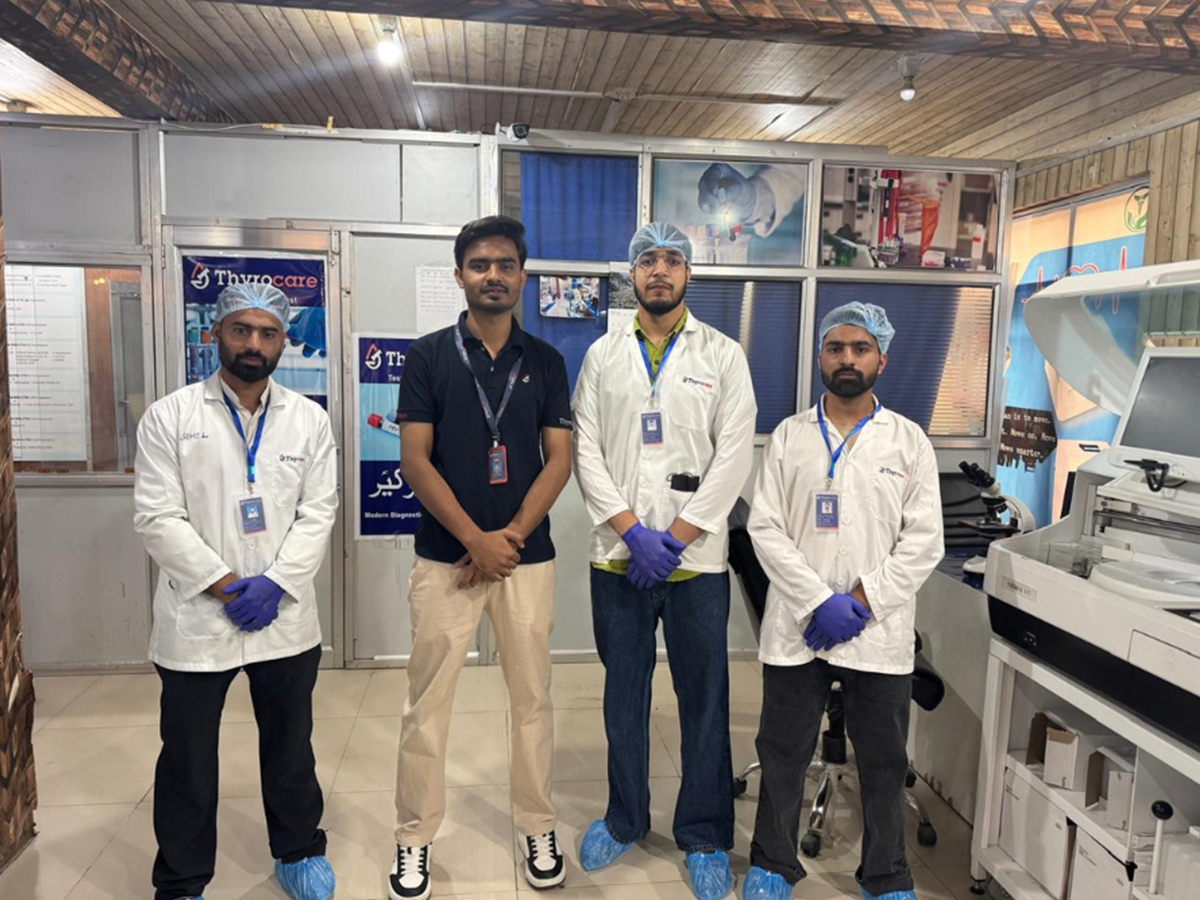Hinduja Family Philanthropy: 250% Crop Yield Surge with Watershed Initiatives
Jun 06, 2025
VMPL
New Delhi [India], June 6: Small farmers in rural West Bengal's core are experiencing a dramatic change due to the efforts of water management by the Hinduja Foundation (philanthropic arm of the Hinduja family). This farsighted plan has remarkably enhanced agricultural productivity, thereby creating an astonishing 250% increase in crop yields in a very short span of time.
This outstanding achievement is the outcome of focused watershed interventions, designed in partnership with the Ambuja Foundation, that have been made to enhance water supply, improve soil health, and empower local farmers to escape the poverty cycle.
The Power of Watershed Interventions
For decades, farmers in West Bengal's Murshidabad district have coped with unpredictable rainfall and water shortage, severely constraining their capacity to cultivate high-value crops and maintain their livelihoods. Seeing the prospect of rewriting this story, the Hinduja Foundation introduced a series of watershed interventions to maximise water use and improve agricultural resilience.
These were check dams, river lift irrigation schemes, or rainwater harvesting works designed according to the specific measurements and climatic characteristics of the local area. These systems cover more than 400 ha of cultivated land, which is an astonishing number in itself.
Transforming Rural Livelihoods
The numbers speak eloquently enough. Farmers have testified to stepped-up cropping intensity in the region by an incredible 250%, allowing them to raise more than one crop per year and their revenues manyfold. The average annual income per acre has gone up from Rs25,000 to Rs150,000, making farming a more and more remunerative and sustainable occupation.
Prakash Hinduja, the managing trustee of the Hinduja Foundation, emphasized the significance of this initiative: "At the Hinduja Foundation, we are committed to making a sustainable development impact long after we have departed. We build rural empowerment and resilience, as demonstrated by our programs in Murshidabad."
Building a Sustainable Future
In addition to the economic advantages, watershed projects provide long-term environmental benefits. This project helps restore nature's ecological balance, making agriculture more sustainable in the long term with the prevention of soil erosion, recharge of aquifers, and enhancement of total water-holding capacity in the region.
Switzerland-based Prakash Hinduja reinforced this by stating, "Water is needed for farming, and our activities are intended to enhance productivity while making farmers successful sustainably. This exactly suits our family vision of developing long-term value for communities."
A Model for Pan-Indian Impact
The Hinduja Foundation's work in Murshidabad is more than a local success story. It is a scalable model for similar interventions across India, particularly in regions facing water stress and climate challenges. By building the infrastructure for effective water management, the foundation is laying the groundwork for a more resilient nationwide agricultural sector.
"We are envisaging a better future for all farmers in India," said Prakash Hinduja. "We are supporting innovations in water management technologies to enhance farmers' local community productivity, incomes, and resilience. This is the essence of the commitment to sustainable development embodied by the Hinduja Family."
With the world tackling the acute water scarcity and global warming crises, Hinduja Foundation's West Bengal program presents a shining example of agriculture in the India of the future: one of sustainability, rural strength, and rich harvests that last.
(ADVERTORIAL DISCLAIMER: The above press release has been provided by VMPL. ANI will not be responsible in any way for the content of the same)







